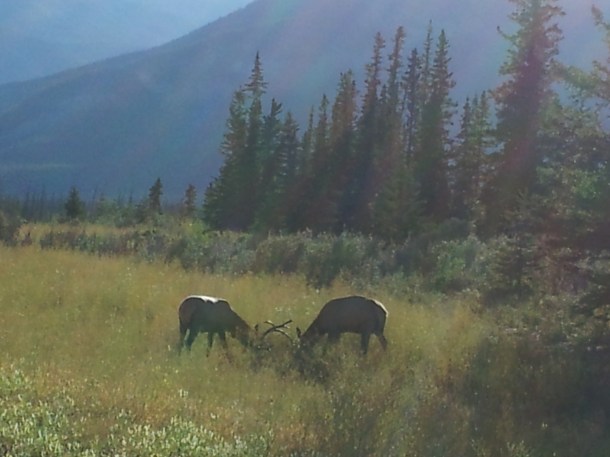Wendell Berry is one of my favourite poets. In her post, Shobna uses part of a poem, Our Real Work, to point a need to be present. Gary Snyder wrote a book called The Real Work devoted to similar subject matter.
In the rush of “normal” life, I often overlook what that means and what calls to me to step into a healing moment; to make me whole and pause to listen to what the “impeded stream” sings to me. For Shobna, gardening is a quiet moment to listen to the “impeded stream.”
Today, as I checked Facebook, Parker Palmer posted another Berry poem: The Peace of Wild Things. Here, we are called to, in times we do not have a frame of reference for, to turn to poets to help find paths forward. In various ways, they remind us to each look for what keeps us moving , especially in times of turmoil and despair. When I hike and find my path blocked, I pause, look, and listen. In life, I find ways to move ahead, embrace uncertainty, and recognize I am walking my own path, as Antonio Machado would remind me, but I am not alone.
As Shobna points out, I only have to look and I “see that kindness is more visible these days.” Health care workers, farmers, grocery store employees, and many others, often strangers, stand in the breach to help. If these are to recall Dickens, the best and worst of times, what makes them the best is to pause, when my path is blocked, to find what calls us and ask we each ask ourselves what calls us.
One of the things I take for granted is music. It is part of my love of poetry. In particular, lyrics pull me to them. I am fortunate to listen to a small community-based and funded radio station, CKUA, and have it on non-stop. To say it is eclectic is an understatement. They do play top-40, but it is often from years and decades ago.
In keeping with my love of music, I leave you with two videos. The first by Jimmy Buffet got me through tough times years ago. It reminds me who I am and live that way. I have always been a person who walked to the beat of my own drummer and am a bit of a pirate, regardless of age.
The second is one I used to listen to with my mother years ago. It is a gospel song written and performed by Gene McLellan, a Canadian, called Put Your Hand in the Hand of the Man Who Stills the Water. Now, my mother and I did not always agree on music, but we had some serious overlaps such as Gene McLellan, the Beatles, Elvis (if she did not have to watch), etc.





